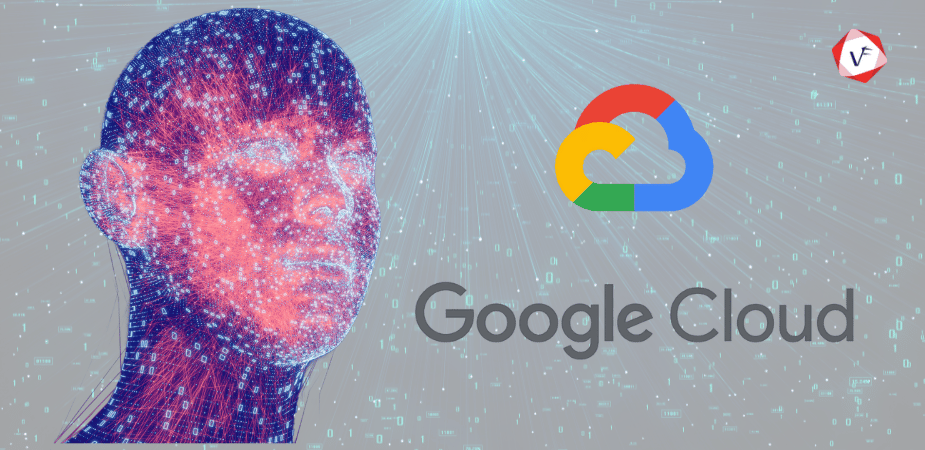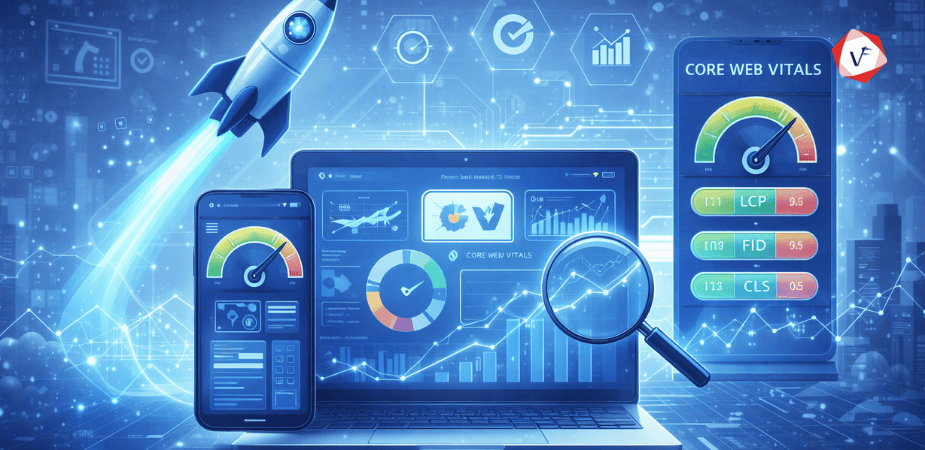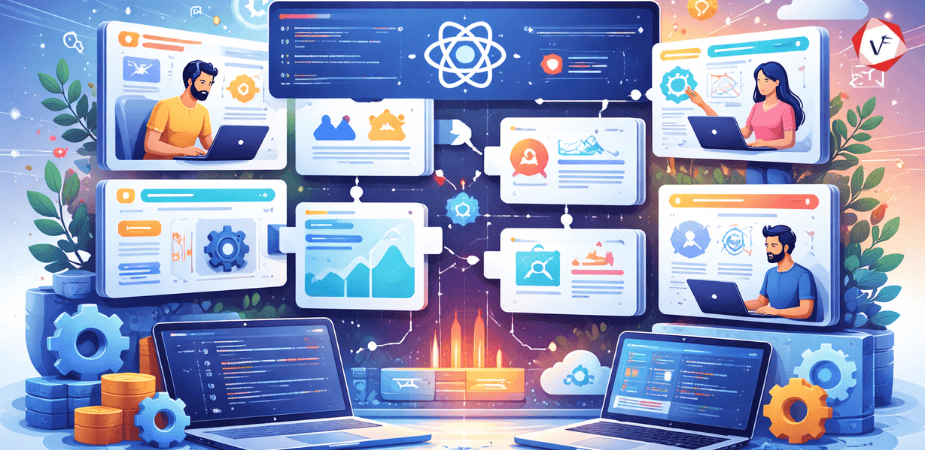- February 28, 2025 2:55 pm
- by Kevin
- February 28, 2025 2:55 pm
- by Sooraj

Google Cloud has emerged as a pivotal player in the rapidly evolving field of Artificial Intelligence (AI) and Machine Learning (ML). Google Cloud's AI and Machine Learning platforms are designed to democratize access to cutting-edge AI and ML tools, enabling organizations of all sizes to build, deploy, and scale intelligent applications. As businesses across industries seek to harness the power of data to drive innovation, Google Cloud’s AI and ML capabilities offer robust, scalable, and flexible solutions that cater to both beginners and seasoned professionals. This article explores the depth and breadth of these capabilities, shedding light on how they can be leveraged to unlock new opportunities and optimize operations.
Retail: In the retail industry, Google Cloud’s AI and ML capabilities are being used to optimize supply chain management, enhance customer experiences, and personalize marketing efforts. For instance, retailers can use Google Cloud’s Vision AI to analyze customer behavior in stores, enabling them to optimize product placement and improve in-store experiences. Additionally, AutoML can help retailers build recommendation engines that provide personalized product suggestions to customers, boosting sales and customer satisfaction.
Healthcare: The healthcare industry is leveraging Google Cloud’s AI and ML capabilities to improve patient outcomes and streamline operations. AI models built on Google Cloud can be used to analyze medical images, aiding in the early detection of diseases such as cancer. Natural Language AI can be used to process and analyze large volumes of unstructured medical data, such as patient records, enabling healthcare providers to make more informed decisions. Moreover, machine learning models can help predict patient readmissions, allowing hospitals to take proactive measures to reduce readmission rates.
Financial Services: In the financial services sector, Google Cloud’s AI and ML tools are being used to detect fraud, manage risk, and enhance customer service. BigQuery ML can be used to develop models that identify suspicious transactions, helping financial institutions prevent fraud. Additionally, AI-powered chatbots can be deployed to improve customer service by providing instant responses to customer inquiries, reducing the need for human intervention, and improving the overall customer experience.
Manufacturing: Manufacturers are using Google Cloud’s AI and ML capabilities to optimize production processes and predict equipment failures. Predictive maintenance models built on Google Cloud can analyze data from sensors and other sources to identify patterns that indicate potential equipment failures. This allows manufacturers to perform maintenance before failures occur, reducing downtime and saving costs. Additionally, machine learning models can be used to optimize production schedules, ensuring that resources are used efficiently and production targets are met.
The future of AI and machine learning on Google Cloud looks promising, with continued advancements in technologies like natural language processing, computer vision, and reinforcement learning. As these technologies mature, we can expect to see even more sophisticated AI and ML applications being developed on Google Cloud, driving innovation across industries.
One of the key areas of focus for Google Cloud is the development of ethical AI. Google is committed to ensuring that AI is used responsibly and has introduced several initiatives aimed at promoting fairness, accountability, and transparency in AI. This includes tools for identifying and mitigating bias in AI models, as well as guidelines for the ethical use of AI.
Another trend to watch is the increasing adoption of AI and ML in edge computing. Google Cloud is investing in technologies that enable AI models to be deployed and run on edge devices, such as smartphones, IoT devices, and autonomous vehicles. This will open up new possibilities for real-time AI applications, where data is processed locally on devices, reducing latency and enhancing privacy.
Furthermore, Google Cloud is likely to continue expanding its partnerships and integrations with other technology providers, enabling businesses to leverage a broader ecosystem of tools and services. This will make it easier for organizations to build comprehensive AI and ML solutions that meet their specific needs.
From the AI Platform and AutoML to BigQuery ML and Vertex AI, Google Cloud provides a comprehensive suite of services that cater to a wide range of use cases across industries. While there are challenges to consider, such as cost management and data privacy, the benefits of using Google Cloud’s AI and ML tools far outweigh the drawbacks. For businesses seeking to leverage the full potential of Google Cloud’s AI and machine learning capabilities, partnering with an experienced cloud development service provider like Vofox can be an excellent choice. Vofox’s expertise in cloud development ensures that businesses can successfully integrate AI and ML into their operations, driving growth and innovation. Contact us to learn more.
Guaranteed Response within One Business Day!
What is Infrastructure as Code (IaC)?

Front-End Performance in 2026: What Core Web Vitals Actually Mean for Your Site

What is FinOps?

Micro-Frontends: Breaking Down Monolithic React Applications
.png)
Zero-Trust Security Models for SaaS: What You Need to Know